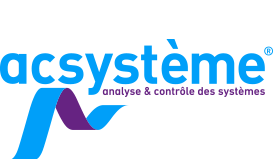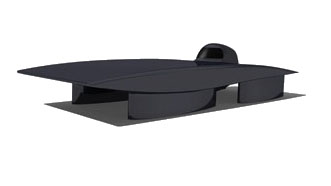Why join Eco Solar Breizh?
First of all, the desire to actively contribute to one of our century’s challenges: lower environmental impact due to transport. Then, project originality: a patchwork of institutional and industrial partners, gathering a substantial panel of skills and as many ways to deal with the problematics. At Acsystème, we believe this aspect of the project can lead to new encounters and exchanges.
Which particular skills are you implementing?
As far as Acsystème is concerned, we can sum it up to:
- system modelling skills for control purposes. (It’s actually the capacity to build “just-enough” models to implement algorithms and avoid expensive and large models which are difficult to validate)
- skills with digital optimisation techniques (it will always be useful in order to determine optimum settings and calibrate the strategy to cope with complex scenarios)
- tools to conceive algorithms (we own licenses for Matlab and Labview to launch simulation, optimise and real-time control)
Why chose to set up a consortium with other companies?
The goal of setting up a consortium is to clarify each other’s task in the project: what are they bringing and what they need… It constitutes a healthy base when you may be called upon to work with potential competitors.

